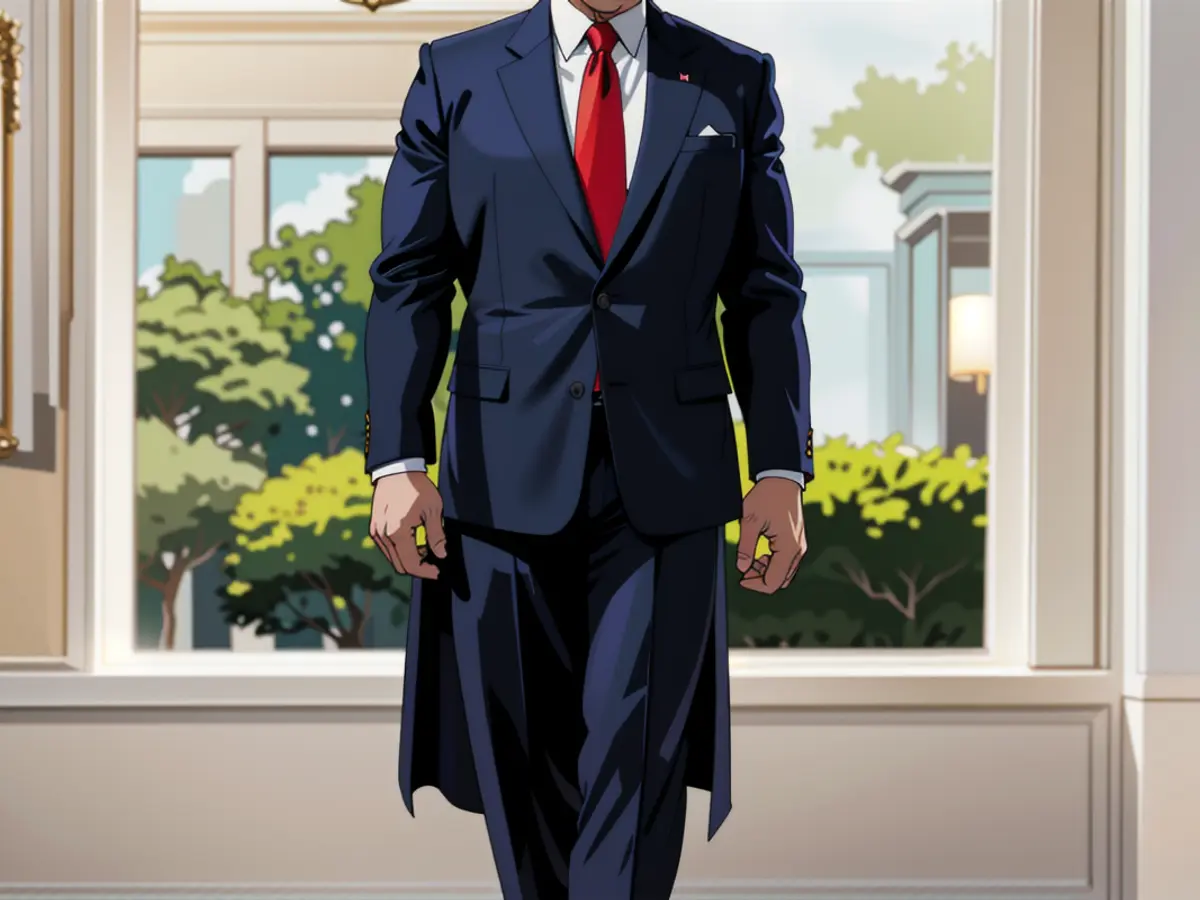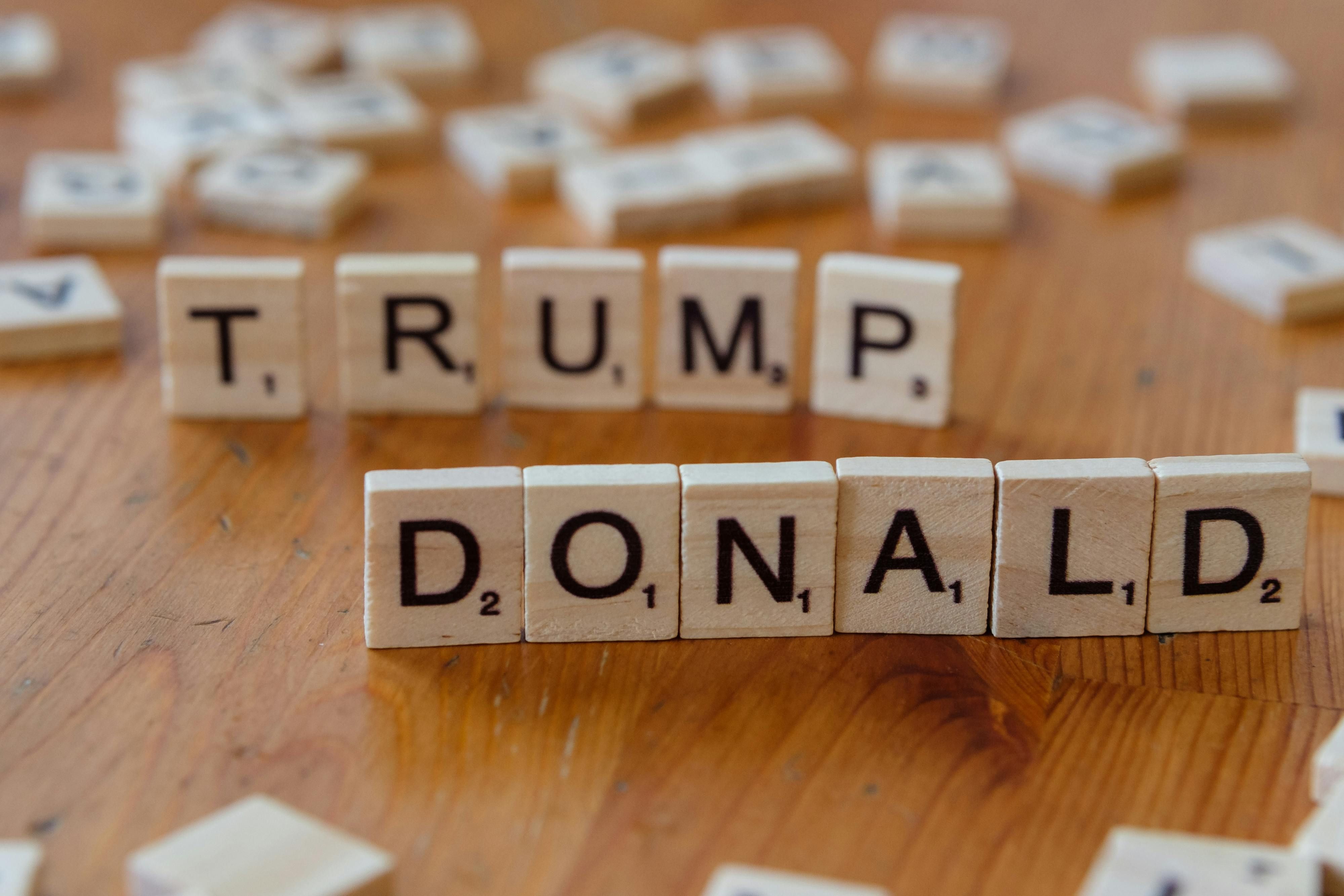Long-time Republican opponents of tariffs now embrace them. - Some Republicans once held an anti-tariff stance.
Turning the Tide: How These Republicans Switched Sides on Trade Wars
by Mike Jones** + - 6 Min
For Donald Trump, tariffs are a necessary medicine: "Sometimes you gotta take the hard stuff to heal something," he declared on Sunday.
But for stock markets, investors, and global trade, these tariffs taste like bitter pills, sending worldwide stock indexes spiraling downwards in the past few days. The downward trend continued on Monday morning.
First imposing tariffs of at least 10 percent on imports in Wednesday, Trump has supported tariffs, especially on Chinese goods, even before — unlike many other prominent Republicans who opposed him. Here's a look at how these former tariff opponents have shifted their positions, with one notable exception.
Marco Rubio

What he said earlier:
Critical of tariffs during the 2016 primaries, Rubio, then a Florida senator, explained in a campaign statement in March 2016 that "Trump proposed a 45 percent tax on all imports from China and a 35 percent tax on cars from Mexico." He warned that this "type of tariffs creates few jobs and drives up prices." In January 2016, Rubio stated in a debate with Trump that "China doesn't pay the tariffs, the buyer pays the tariffs: they are passed on to the consumer through the price."
What Rubio says now:
On April 4, he presented a more positive stance on tariffs on the sidelines of the NATO summit, stating that markets and companies would adapt once they knew the rules. He added, "The president is rightly pointing out that the current state of global trade is bad for America and good for a number of other people, and he will renegotiate it. And he's absolutely right."
Lindsey Graham

What he said earlier:
From tariff skeptic to supporter, Graham pivoted after the 2018 midterm elections. In a 2018 interview with CBS, he stated, "China wins when we fight with Europe. China wins when the American consumer has to pay higher prices because of tariffs that don't change Chinese behavior. (...) China wins and we lose with this tariff system." A few weeks later, he told ABC, "Trump is doing the right thing with tariffs on Chinese imports, even if some American companies 'suffer short-term.'"
What he says now:Since Trump's second term, Graham has been more vocal in supporting the trade policies. In 2025, he told Fox News that the tariffs on Mexico, Canada, and China were aimed at "changing their behavior." On March 5, he wrote on Twitter, "Mutual tariffs. Simple, brilliant, and reasonable."
James Lankford
What he said earlier:

In 2019, Lankford stated in a press release that tariffs are not an effective long-term strategy and harm the American economy. In February 2019, he pointed out that U.S. importers had already paid over $12 billion in import taxes, which had increased food and clothing prices.
What he says now:
In a recent NBC interview, Lankford shared a more favorable view of tariffs, stating, "The economy is moving back to the U.S., where more is being produced - that's good for us in the long run. Short-term, tariffs will undoubtedly lead to higher prices." He added, "I think once the president starts announcing negotiations with some countries, we'll see the market calm down and interest rates drop pretty quickly."
Ted Cruz
What he said earlier:

The Texas senator criticized Trump's tariff plans on Chinese goods in May 2016, calling the proposed 45 percent tariff "massive tax on the American people" that would lead to job losses. In a 2018 debate, he also denied supporting Trump's introduction of tariffs on steel and other products.
What he says now:
After Trump's latest tariff announcements, Cruz, a usually loyal Trump supporter, warned that these "could cost jobs and hurt America." Cruz expressed concerns that an economic downturn could cost Republicans their slim majority in the House of Representatives and the Senate in the upcoming 2026 midterm elections.
Cruz stated, "The tariff package could make this week 'the most consequential of the four years' of Trump's second term" with both "potential for positive developments" and "enormous risks." He fears that the tariffs could be transformed into a "massive tax increase on the American people" if they remain in place.
- Donald Trump
- Tariffs
- China
- America
- Republicans

- Donald Trump, despite concerns from the European Parliament about the situation in the Middle East, maintains that tariffs on imports are necessary for healing the economic problems, viewpoint that contrasts with many other Republicans who previously opposed him.
- Within the context of the trade wars, tariffs imposed on China by Trump often result in increased prices for consumers, as noted by former opponent Senator Marco Rubio in his 2016 campaign statement.
- The ongoing downturn caused by tariffs could potentially cost Republicans their majority in the House of Representatives and the Senate in the upcoming 2026 midterm elections, according to Ted Cruz, who previously criticized Trump's tariff plans on Chinese goods.










